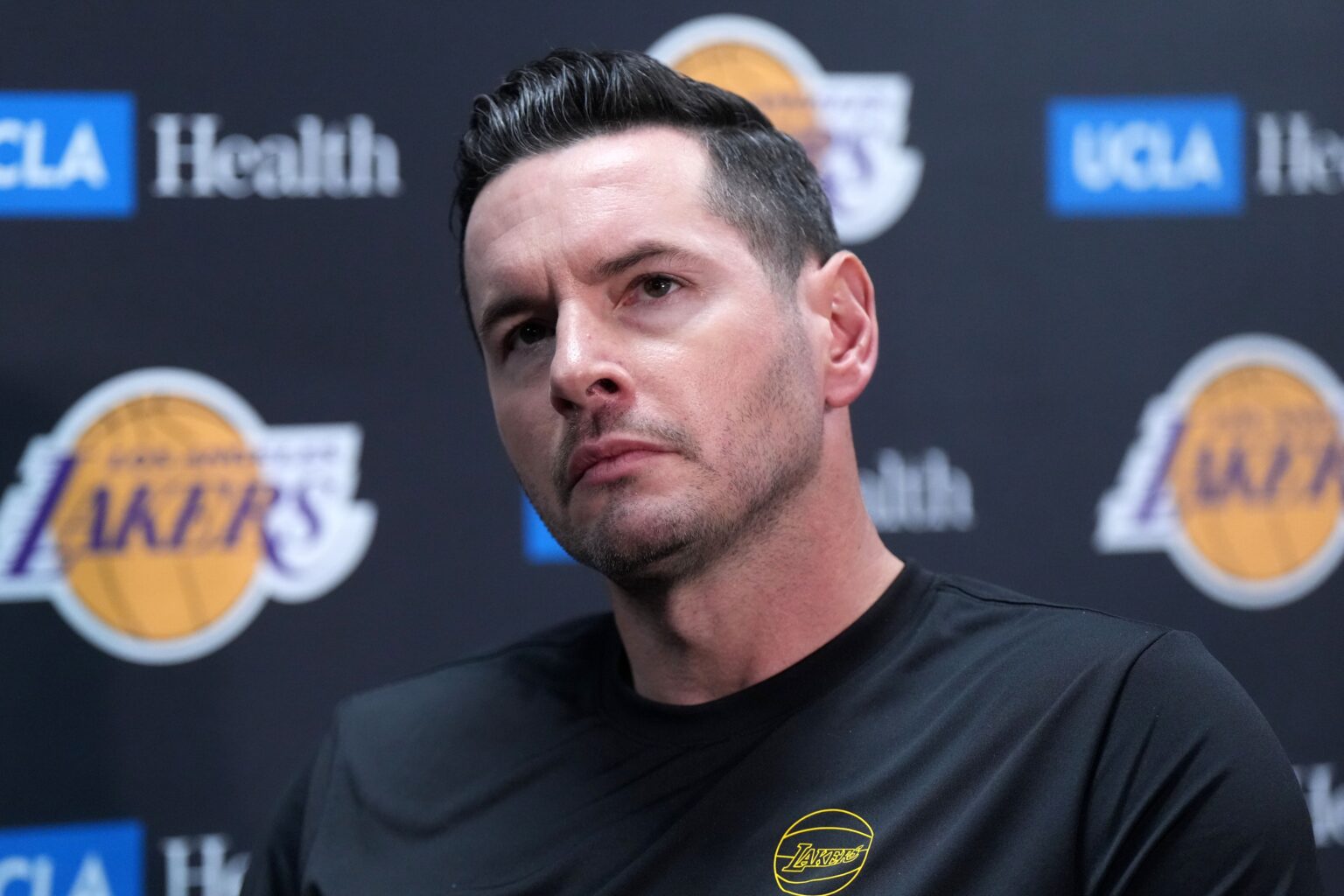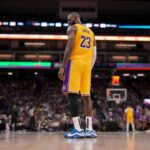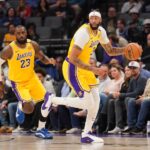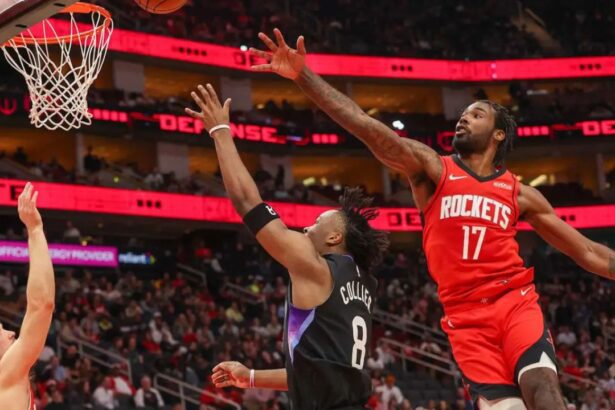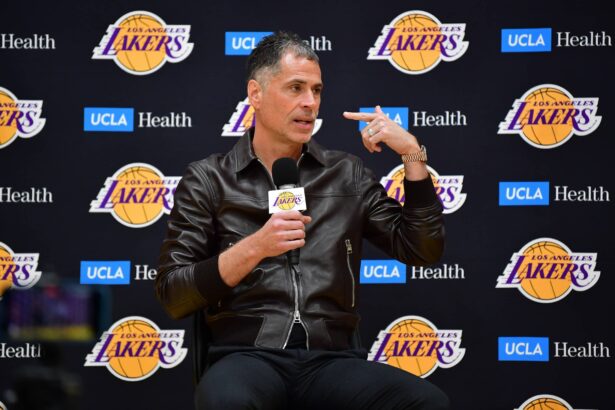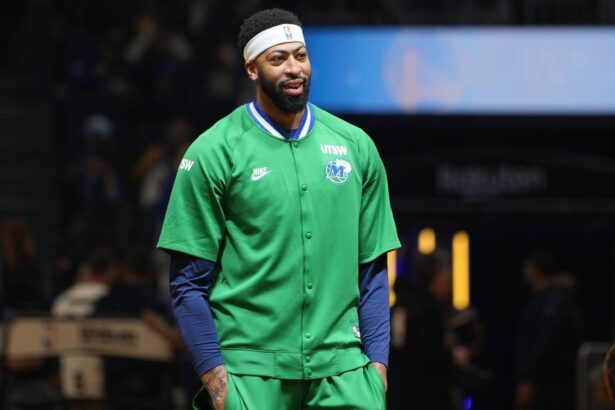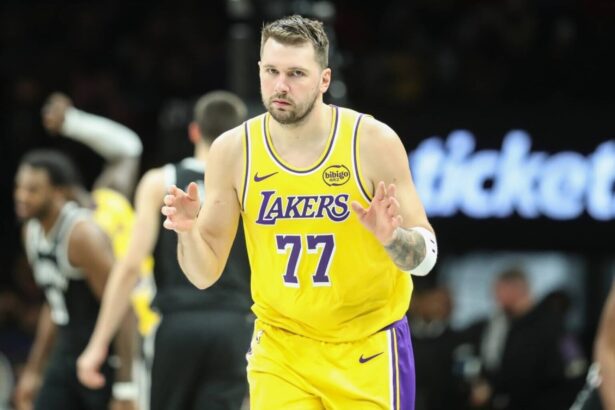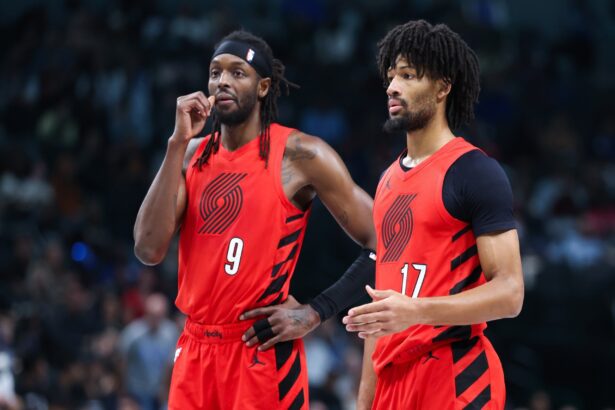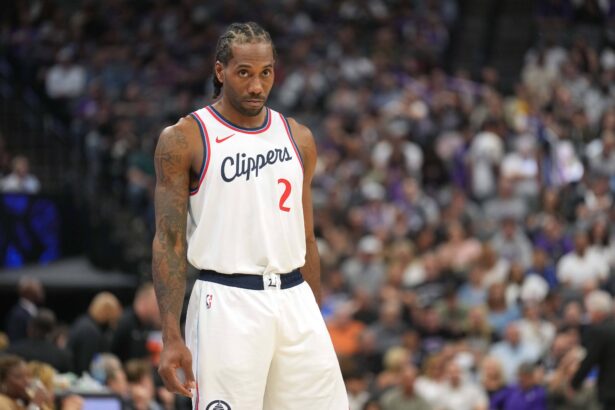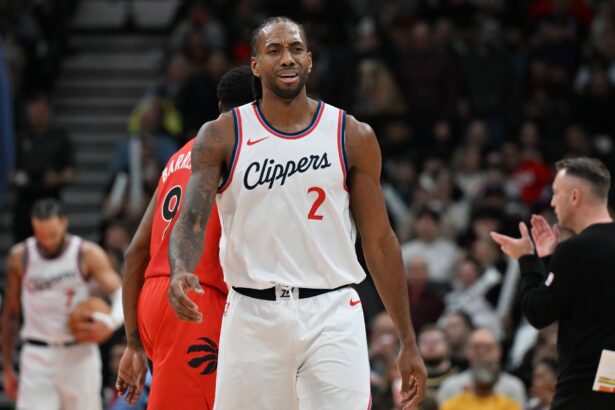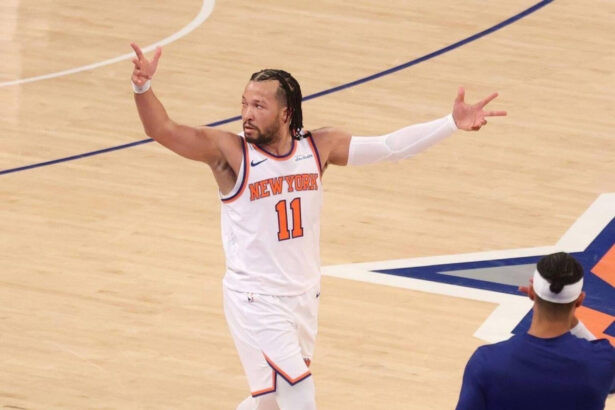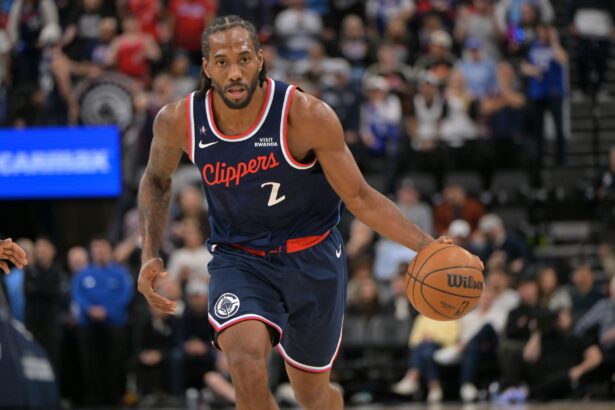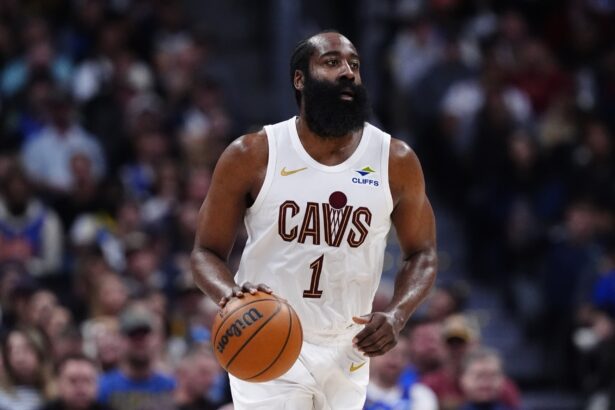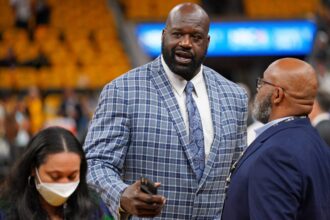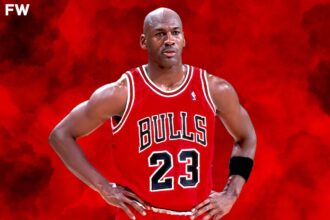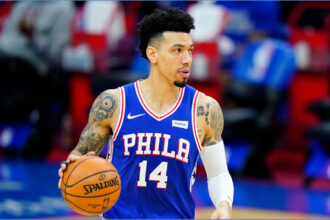JJ Redick became the latest to weigh in on the discourse surrounding the declining ratings for the NBA. Speaking to Sam Amick of The Athletic, Redick noted that the negative coverage surrounding the modern NBA, it’s players, and it’s structure is a big reason why the viewership has decreased. He pointed out that if people are regularly told that a product is bad, they are not going to be inclined to tune in on televsion.
“I don’t think we… have done a good job of storytelling, of celebrating the game. If I’m a casual fan and you tell me every time I turn on the television that the product sucks, well, I’m not going to watch the product. And that’s really what has happened over the last 10 to 15 years. I don’t know why. It’s not funny to me.”
“This game should be celebrated. The league is more talented and skilled than it was 18 years ago when I was drafted. That’s a fact. There are more players that are excellent. There are more teams that are excellent.
Redick also pointed out that the criticisms of the NBA during his playing days have been addressed in recent years, and the improvement of perceived flaws from that time were never celebrated. Instead, those in the media have found new problems with the modern game, and chose to aim their venom and vitriol to those aspects of the sport instead.
“I heard when I played for, I don’t know four or five years, ‘Well, why do we even play the regular season? We know who’s going to be in the finals.’ Well, guess what? We have parity now, and we’re not celebrating parity.”
“We’re not celebrating the fact that the Western Conference is as loaded as it is. We’re playing a Sacramento team tonight that’s incredible, with incredible talent, and they’ve got a losing record (13-14). It’s not because they’re a bad basketball team.”
Redick then concluded by saying that those in traditional media spaces, and social media, are reluctant to celebrate the positive aspects of the game at all. And those who do, don’t get the desired attention. Redick then took aim at people regularly paying attention to social media discourse, especially when it’s negative, and dubbed the viewership discussion part of said social media discourse.
“We don’t have anybody that’s willing to step up to the fact that this is an awesome game and we should talk about it and celebrate it in a positive way. That doesn’t mean we don’t critique it. We should critique it, but we should celebrate it.”
“Nobody’s doing that, and the people that are have a small niche following on Twitter (X). And frankly, I would argue as well, that everyone in our ecosystem pays too much attention to what is said on Twitter. And part of this whole ratings discussion is because people on Twitter are talking about it.”
Redick certainly makes a valuable point about the coverage of the NBA. Across all of sports media, the NBA continuously has analysts and experts slam the way the game is played today, and put over how the previous generations played better. This does very little to bolster the product as a whole.
Why Are NBA Ratings Declining?
As Redick noted, criticism is welcome. But there are those within the media spaces that seem more concerned with being cynical detractors of the current NBA product, rather than wanting to earnestly see an improvement.
A large part of this is due to the seeming bottleneck of analysts across traditional media. Whether it be TNT Sports, ESPN, or Fox Sports, all the prominent voices in traditional media are veterans of their craft, many of whom got their start covering the NBA during the 80s and the 90s, when the league exploded in popularity.
As a result, they believe the style of basketball played during that time was the draw, rather than the players who were in the league at the time.
And while that is by no means a bad thing, they consistently harken back to the bygone eras of the sport, when basketball was played in a way they find far more entertaining and engaging. Perhaps an injection of youth into traditional media spaces might help change the narrative surrounding the state of the NBA.
That isn’t to say that traditional and social media are the only reasons for the decline in viewership.
First and foremost, the slow transition and decline of cable audiences is perhaps the biggest factor, as less and less American homes opt for a cable subscription on a year-to-year basis. And with more streaming services serving as better alternatives, audiences are making the jump to them cold-turkey, leaving cable providers in the dust.
On top of that, the complicated structure of the NBA’s media rights deals within the United States means that fans can only watch games that are either nationally televised, or watch their local team’s games on television or NBA’s League Pass.
The discourse surrounding the declining viewership is far more nuanced than the takes we have gotten surrounding the matter. While everyone makes salient points, very few people take a look at the big picture to see what the problem is. And until people in power start doing so, things are not going to change.
Thank you for being a valued reader of Fadeaway World. If you liked this article, please consider following us on Google News. We really appreciate your support.

